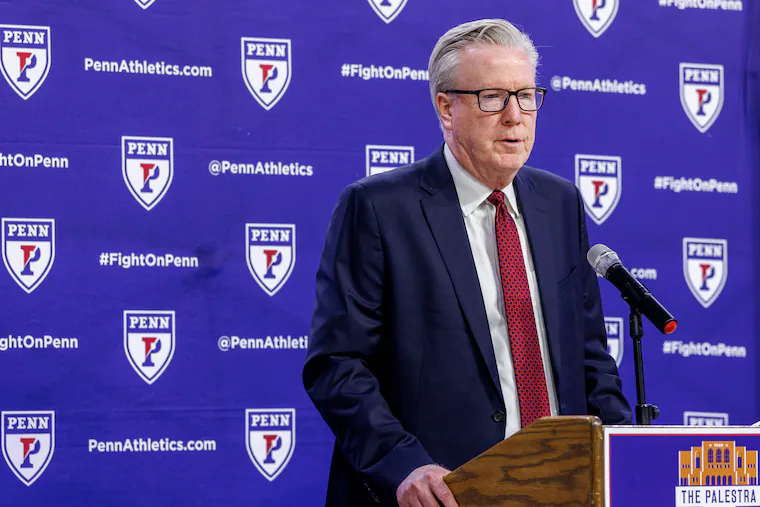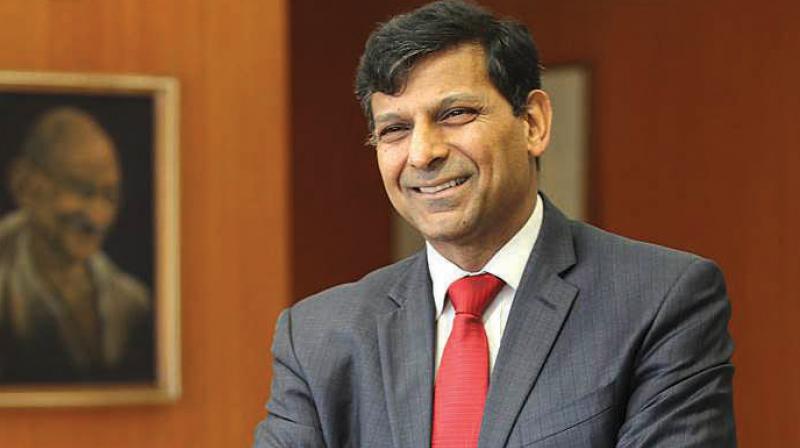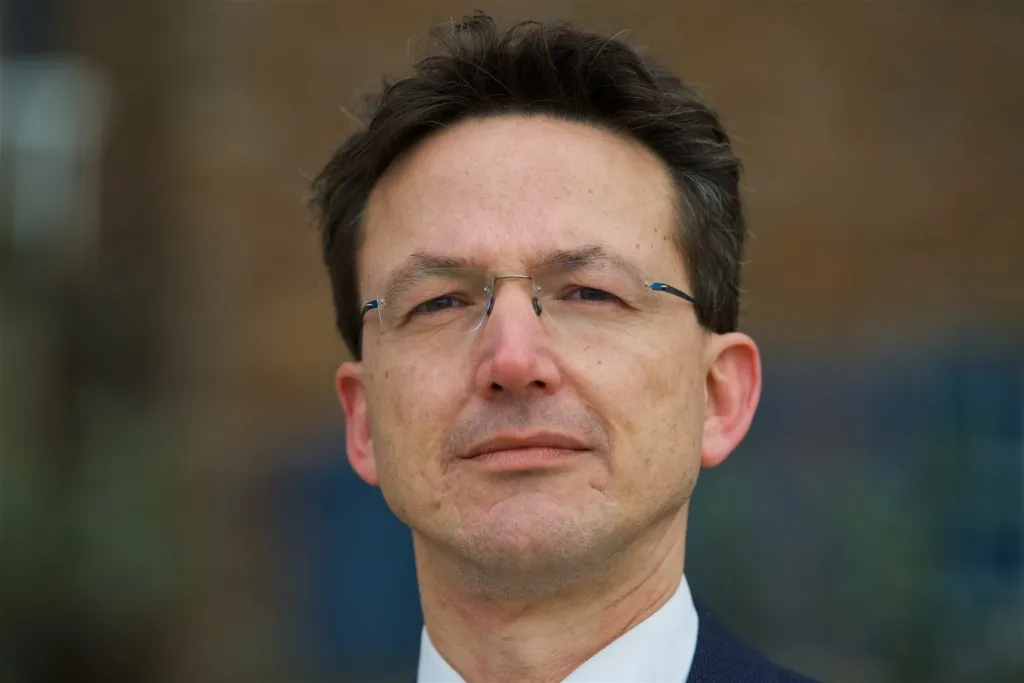Copyright The Philadelphia Inquirer

Penn is seeking to establish a legitimate name, image, and likeness collective, in addition to alumni-driven paid internships, to support players financially, according to a report in The Daily Pennsylvanian. The news was revealed on Thursday, during an open invitation for members of Penn’s community to meet with new Quakers men’s basketball coach Fran McCaffery via Zoom ahead of the team’s season opener on Friday against Rowan. Being formed as a collective, the initiative would mark the Ivy League’s first official pathway to pay athletes. “There are a number of people on this phone call that have already stepped up in a big way to help me because we can make some noise in the NIL space through true NIL opportunities and paid internships,” McCaffery said during a question-and-answer portion of a call that featured donors, university officials, and media members. What remains unknown is how this initiative differs from the very stringent rules the Ivy League has regarding NIL. Requests for comment from the conference were not returned at the time of this report. With that said, here’s what we know and still don’t know about Penn’s new collective. » READ MORE: Fran McCaffery hasn’t had much time to get Penn ready, but he likes where the Quakers are so far What is NIL, and how does it work through a collective? The NCAA defines NIL as “a student-athlete’s ability to profit from their name, image, and likeness — elements of their personal brand.” NIL collectives are 501(c)(3) nonprofits that are affiliated with—but operate independently from—a particular school and its athletic department. What’s the Ivy League’s stance on NIL? The Ivy League allows the use of “legitimate NIL,” which is defined as commercial opportunities between athletes and businesses for services such as advertisement or endorsement. These free market offerings are defined as not being influenced by universities, which would prevent “pay-for-play” transactions. The use of a school-affiliated collective for NIL, however, involves directly paying athletes for their athletic participation without advertisement or endorsement, which the Ivy League previously disparaged after opting out of the House v. NCAA settlement in January. On the call, McCaffery described Penn’s collective as one that will meet the standards of legitimate NIL. “We can raise money in the collective, but then it has to be dispersed,” McCaffery said over Zoom. “…for true NIL opportunities where somebody is legitimately profiting from their name, image, and likeness and basically funneled through legitimate business opportunities.” » READ MORE: Penn’s Jared Richardson is chasing history, Temple is itching for bowl eligibility, and Eastern U. is so fun to watch What else does the collective handle? The former Iowa coach and Penn alum would go on to inform his fellow alumni on how they can support players through paid internships in addition to helping fund NIL deals. “The paid internships … can be a little bit higher. You can pay [the players] whatever you want, but it’s more important and it’s better for me if I can [say], ‘these aren’t no-show jobs,’” McCaffery said. “We never had those. These are show up, learn, and grow [jobs].” Stan Greene, a Penn alum and former player who moderated the event, believes these opportunities are for the betterment of player career opportunities, especially in the “wild west” of NIL. While unable to comment on when the collective will be in effect, Greene stressed that the collective is for much more than pay stubs. “Most of this is going to be about relationships,” Green told the Inquirer in reference to providing athletes career opportunities. “In my discussions with Fran, it came up over and over. It’s not all about the money. Certainly, the money can serve as a mitigating factor, but we’re talking about the long run and having that take center stage.” » READ MORE: Gift Share As Big 5 women’s basketball teams hit the court, we answer your burning questions Who runs the collective? According to McCaffery, the collective is run by alumnus Jonathon Schwartz, a member of the board of advisors for Penn Athletics, and Michael Weisser, who is a co-chair for basketball within the Penn Champions Club, an athletics fundraising arm, with members employed by the university. Greene, who was teammates with Schwartz on Penn’s basketball programs in the late 1970s, spoke on how Schwartz understood “the athletic side and the money side” regarding heading up the Quakers’ collective. Does any of this go against Ivy League rules regarding NIL? In September, a Bloomberg report revealed that the Ivy League has required schools to sign “attestations of independence” for NIL payments to athletes exceeding $2,000. In this context, an attestation of independence is a signed document that claims that any NIL deals funded by outside donors were not brokered by the signing institution’s athletic department in any way. “We attest as athletic directors that we are not in any way, directly or indirectly, asking a donor or alum to give money to somebody as a recruit inducement, or if they want to go into the transfer portal as a retention inducement,” Dartmouth athletics director Mike Harrity told Bloomberg. Regarding Penn, Greene told the Inquirer that there is no wrongdoing in their structure or plan to implement the distribution of NIL funding, further suggesting that the move is a win-win for all parties involved. “They’re doing the right thing for the university, they’re doing the right thing for the young person, and they’re doing the right thing as it relates to the Ivy League and following their rules,” Green said. “[And while] I can’t get it to into the details of exactly how it’s going to [work] and how it may be working, I think the most important thing was the need to do it.”



